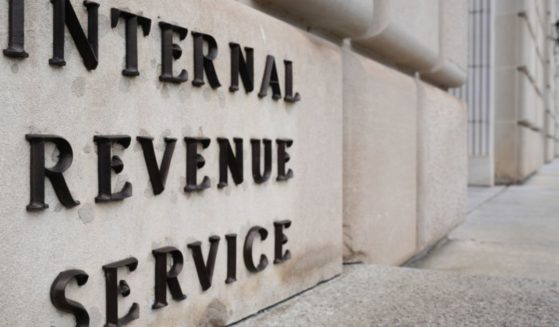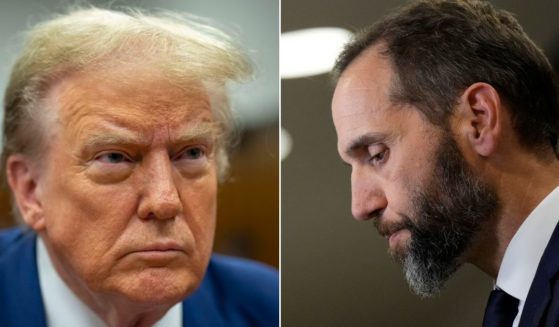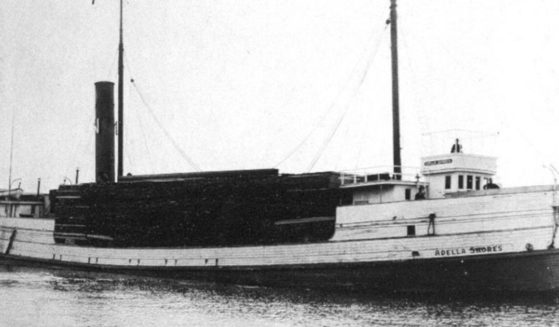Report: More companies in China handing over technology
BEIJING (AP) — The number of foreign companies that feel compelled to hand over technology in exchange for Chinese market access — an issue that sparked President Donald Trump’s tariff fight with Beijing — has doubled since two years ago despite official promises to end such pressure, a business group reported Monday.
The European Chamber of Commerce in China’s report highlighted enduring complaints about “forced technology transfer” that China’s trading partners say violate its market-opening commitments despite denials and promises of change.
European leaders have criticized Trump’s tactics in confronting Beijing over its technology ambitions but echo U.S. criticisms.
One in five companies that responded to a survey in January, before the latest round of U.S. and Chinese tariff hikes, said they felt compelled to hand over technology, up from 10% in a 2017 survey, the European chamber said.
“It is not something that is back in history. It is still happening now,” a chamber vice president, Charlotte Roule, told reporters ahead of the report’s release. She said ending that “should be a priority.”
The share of companies that said they felt compelled to transfer technology was higher in some fields — 30% in petroleum and chemicals, 28% in medical devices, 27% for pharmaceuticals and 21% in the auto industry. One-quarter of those companies said transfers were happening at the time of the survey.
The report gave no details of why companies felt compelled to hand over technology. But the heavily regulated economy gives Chinese regulators leverage over companies, and business groups say they sometimes give orders in secret.
Trump started raising tariffs on Chinese imports last July over complaints Beijing steals or pressures foreign companies to hand over technology. Europe, Japan and other trading partners echo U.S. complaints that such practices violate Chinese commitments to open its markets and treat foreign companies equally in exchange for access to their markets.
“China’s lagging reform agenda not only holds back economic development but it has also driven global tension,” said Roule.
Chinese officials deny foreign companies are required to hand over technology. But companies in auto manufacturing, electronics and other industries that want to operate in China are required to be minority partners in ventures with state-owned partners, which forces them to share technology and expertise.
A law endorsed in March by China’s ceremonial legislature tries to reassure foreign investors by prohibiting use of “administrative measures” to compel technology transfer. Business groups welcomed that but said Chinese officials still have extensive leverage in the heavily regulated economy.
Tech transfer was one of a series of complaints the European chamber said prompts pessimism among companies about whether the ruling Communist Party will follow through on promises to open its markets.
One-third of companies surveyed said they don’t expect ever to see a “meaningful opening” of Chinese markets.
___
European Union Chamber of Commerce in China: www.europeanchamber.com.cn
The Western Journal has not reviewed this Associated Press story prior to publication. Therefore, it may contain editorial bias or may in some other way not meet our normal editorial standards. It is provided to our readers as a service from The Western Journal.
Truth and Accuracy
We are committed to truth and accuracy in all of our journalism. Read our editorial standards.












